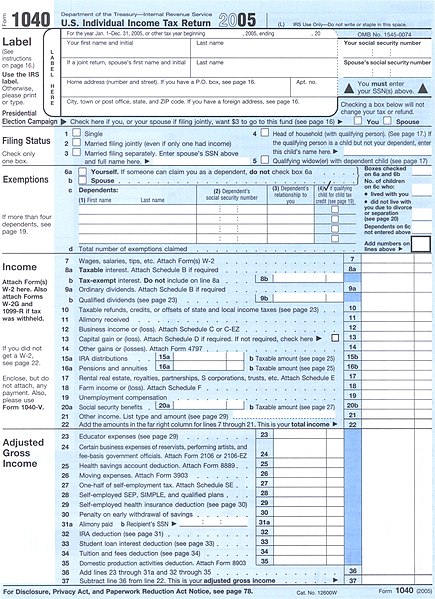Afroyim v. Rusk, 387 U.S. 253 (1967), was a landmark decision of the Supreme Court of the United States, which ruled that citizens of the United States may not be deprived of their citizenship involuntarily. The U.S. government had attempted to revoke the citizenship of Beys Afroyim, a man born in Poland, because he had cast a vote in an Israeli election after becoming a naturalized U.S. citizen. The Supreme Court decided that Afroyim's right to retain his citizenship was guaranteed by the Citizenship Clause of the Fourteenth Amendment to the Constitution. In so doing, the Court struck down a federal law mandating loss of U.S. citizenship for voting in a foreign election—thereby overruling one of its own precedents, Perez v. Brownell (1958), in which it had upheld loss of citizenship under similar circumstances less than a decade earlier.
A 1961 letter from the U.S. Immigration and Naturalization Service reporting Beys Afroyim's loss of citizenship
Official record of Beys Afroyim's U.S. naturalization in 1926
Hugo Black wrote the opinion of the Court in the Afroyim case.
John Marshall Harlan II wrote the dissent in the Afroyim case.
Citizenship of the United States
Citizenship of the United States is a legal status that entails Americans with specific rights, duties, protections, and benefits in the United States. It serves as a foundation of fundamental rights derived from and protected by the Constitution and laws of the United States, such as freedom of expression, due process, the rights to vote, live and work in the United States, and to receive federal assistance.
The United States military has been an all-volunteer force since the end of the Vietnam War, but male United States citizens and non-citizens are still required to register for the military draft within 30 days of their 18th birthday.
United States citizens may be summoned to serve on a jury.
Citizens are required to file United States taxes even if they do not live in the United States.
Dual citizenship means persons can travel with two passports. Both the United States and Nicaragua permit dual citizenship.








